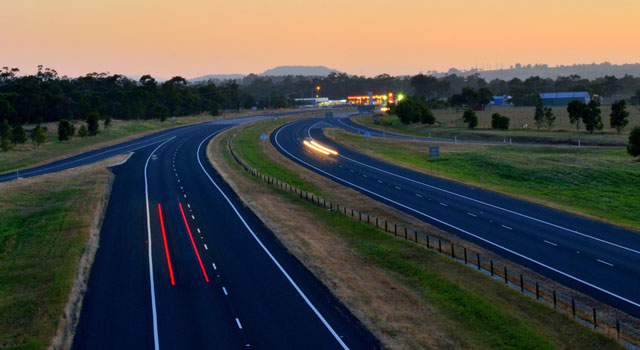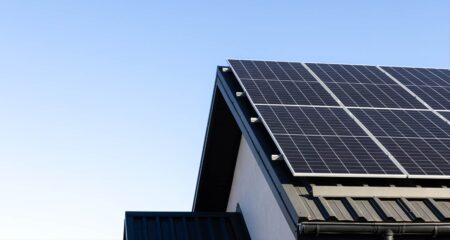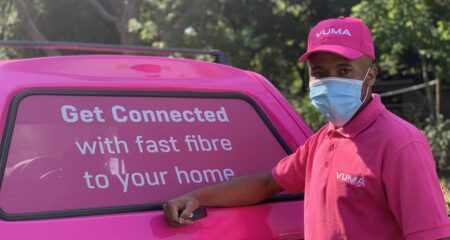
This week, e-tolling began on highways upgraded as part of the Gauteng Freeway Improvement Project despite ongoing resistance from political organisations, business, labour and the public.
The cost of the 185km project increased by 222% from R6,4bn in 2006. Within two years, that had almost doubled to R11,8bn.
By 2011, the figure was R17,9bn but that excluded the additional costs of the gantries and buildings set up to monitor the system, which took the amount to R20,6bn, excluding interest.
Despite regular assertions by roads agency Sanral boss Nazir Alli that the project was above board and statements by the ANC that the “justness, constitutionality and appropriateness of the funding model had been tested … and defended” on a number of platforms, including in courts of law, it emerged in the past few months, as a result of an investigation by the Competition Commission, that there had been collusion among construction companies regarding three of six Gauteng freeway projects.
The Mail &Guardian established this week that Sanral has applied for certificates from the commission that will make it possible for civil claims to be made against the construction companies WBHO, Stefanutti and Murray & Roberts (for its subsidiary Concor) for collusion relating to the project.
Sanral has made 30 of 35 requests for permission to take civil action against construction companies.
In July, the commission reached an agreement with 15 major construction firms and fined them a total of R1,46Bn for contraventions that included collusive tendering and bid rigging, which in some cases saw companies admitting to setting the price of a tender among themselves.
These projects include World Cup stadiums and related projects, the building of major roads, the Durban Convention Centre and the Gautrain project.
In settlement agreements with the Competition Commission, Stefanutti, Concor and WBHO admitted, with regard to the Gauteng highway project, to “reaching an agreement to allocate the various packages among themselves”.
In the fast-tracked agreement, WBHO received the highest fine of all the companies — R311m. Murray & Roberts was fined R309m and Stefanutti R306m.
They agreed, with regard to the highway project, to “exchange cover prices to give effect to the allocation arrangement”, the settlement agreement said.
The parts of the Gauteng highway project for which fines have been issued — packages A, B and E — were for the addition of lanes, the construction of retaining walls, bridges and structures, as well as various intersections on the southern sections of highways around Johannesburg.
WBHO was awarded the tender for package B and Group 5 won the tenders for the other two. Group 5, which was the first to become a whistle-blower and received amnesty for 25 projects, is in dispute over four other projects that it allegedly did not declare.
The commission said this week that it would prosecute Group 5 and two other companies, Construction ID and Power Construction, if they did not settle.
Sanral spokesperson Vusi Mona said the agency was taking action because it believed it is owed money. “The point of civil action is to recover damages you suffered, and obviously we want to pursue recovery of these losses.”
He said it would be up to the government as the shareholder to decide whether to pursue criminal action. Mona said it was not possible at this point to quantify the damages being pursued. “These kinds of calculations take time and a lot of things have to be weighed up.”
When asked why Sanral had not picked up the collusion or possible price inflation, he said the agency could not have foreseen “ethical and leadership failures” in the firms concerned. “On how we could have missed this, we are engineers, not competition authorities. Sanral has zero tolerance for those who work for us and we make sure that those who bid with us know that.”
Competition Commission spokesman Temba Mathebula said it had not investigated the other three packages of the highway project, because “the commission did not get evidence that they were rigged”.
Evidence before the commission in July was that international data suggested the collusion between companies could add between 10% to 30% to the price of the product.
Wayne Duvenage, the head of the Opposition to Urban Tolling Alliance (Outa), said Sanral needed to answer to the public for allowing the price of the project to escalate to the point where a substantial loan had to be repaid. “At the very most, and giving them a lot of allowances for costs and other factors, the project should have cost about R13bn.”
Duvenage said the e-toll system had added substantially to the cost of the project.
Sanral has said in a statement that 83c of every rand collected through e-tolling will go to “a variety of needs linked to the road, including servicing the loan incurred in order to complete the Gauteng Freeway Improvement Project”.
According to court documents, Alli said in an affidavit that 28c of every rand will be used to service the debt — R20bn over 20 years.
Initial capital cost will make up 29c, with road maintenance making up just over 15%. An additional 17c will go towards the cost of managing the toll operation and collecting the tolls.
An experienced civil engineer said a document released in June 2010 by the department of co-operative governance and traditional affairs, called An Industry Guide to Infrastructure Service Delivery Levels and Unit Costs, provided a cost guideline for building roads.
That document places the cost of a high-level bitumen road in Gauteng at R5m/km if built from scratch. Assuming a 20% increase in costs over the past four years, a 185km road would cost about R1,1bn.
The highway project was more complicated and involved the resurfacing of three lanes and the building of an additional lane but, at levels stipulated by the guidelines, the project is still over budget.
The government, faced with growing loans and maintenance requirements, issued a tender for an e-toll system. This was awarded in 2009 to ETC Joint Venture, consisting of a 65% stake held by the Swedish and Austrian branches of the traffic technology company, Kapsch, and a 35% stake held by the South African company TNT.
Assurances by transport minister Dipuo Peters and Alli that tolling is necessary for economic development and that the process has been legitimate has failed to silence opponents of the system.
Trade union federation Cosatu, the Democratic Alliance and lobby groups such as Outa have said the cost of the project is unreasonably high and that road users in Gauteng are having to pay the price.
When it became clear in 2011 that the cost of the project had doubled yet again, opposition to it intensified, with Cosatu staging protests to voice its opposition.
At the time, Cosatu spokesman Patrick Craven said that the federation supported the upgrading of the country’s road network but argued that no “viable alternative forms of public transport have been provided” for commuters in Gauteng.
This week, Cosatu said it planned to hold sit-ins, hunger strikes and highway protests and the DA has said it plans to take the matter to court, despite the unsuccessful last-ditch attempt on Monday by the Freedom Front Plus to halt the implementation of the e-tolls.
A medium-sized company that transports petroleum products within South Africa and to neighbouring countries, which asked not to be named, said when the highway project was being planned in 2004, it was assumed that road maintenance would come from taxes and the fuel levy.
“The issue of a toll system was never discussed,” the company said. — (c) 2013 Mail & Guardian
- Visit the Mail & Guardian Online, the smart news source




